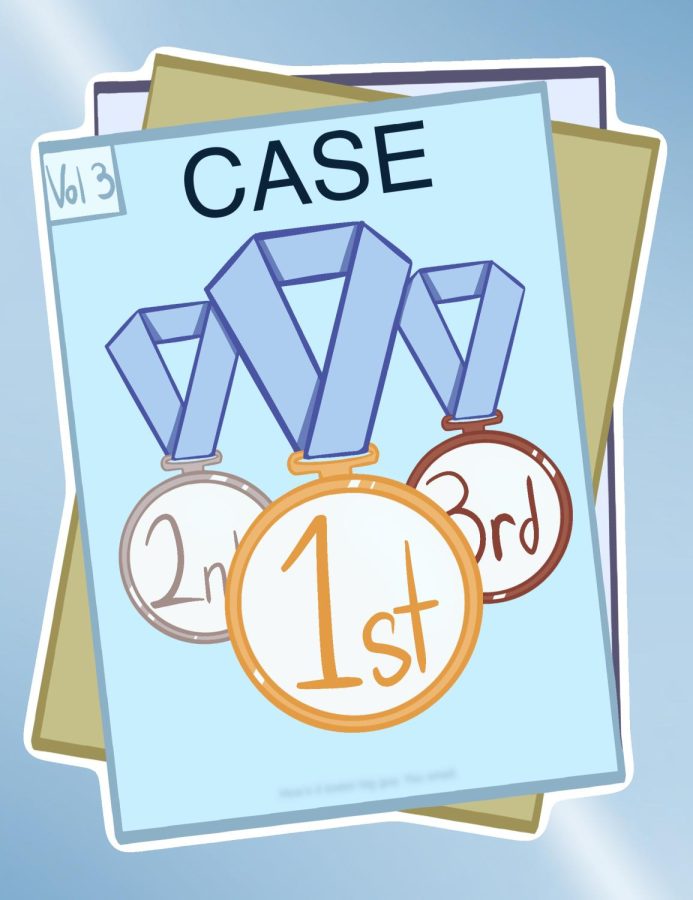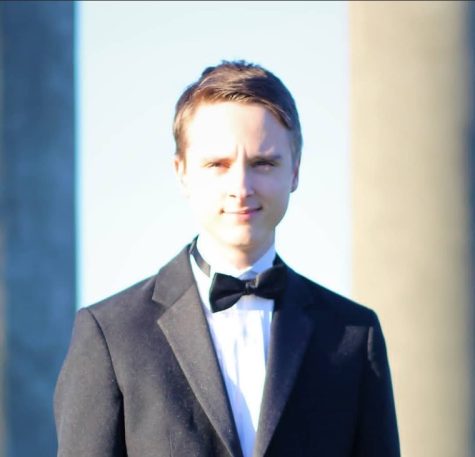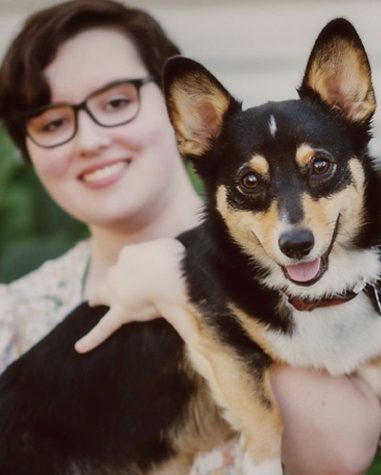WSU media projects win CASE awards
Two WSU media projects win CASE awards including over 4500 applicants
“There are universities and colleges who enter these categories, so it’s not something local and it’s not just a handful of universities.”
July 29, 2022
Two media products from WSU, Coug Beat and the Ask Dr. Universe podcast, were awarded gold awards from the Council for Advancement and Support of Education, out of more than 4,500 possible entries.
Coug Beat
Eric Limburg, creative director of Coug Beat, said the CASE award is meant to showcase excellence in media from a marketing perspective.
Limburg said he found out about Coug Beat’s win on June 22. Coug Beat was one of many WSU products submitted for consideration for an award.
“We submitted this project because we felt it was fun, creative and well executed that showed WSU in a great light and had a number of our team members working on it,”he said.
Coug Beat was created as an information directory on the WSU admissions page to get students excited to return to campus for the last school year, Limburg said.
“It’s a really great mix of need-to-know and fun-to-know information about the campus experience and what to expect,” Limburg said.
Limburg was a part of Coug Beat’s production from the beginning, he said. As the creative director, some of Limburg’s responsibilities were to work with the graphic designer, the content development team and the enrollment management-marketing director to create a vision for the project.
The process of envisioning Coug Beat took around four to five months, he said.
“We started working with design, so it was months and months and months, and that’s just to get it to the publication state,” he said. “We sent files of it to be approved by the printing services at WSU and from there it took about a month to be printed and sent out to students.”
When producing the publication, one of the big challenges people may not expect included how much time goes into it, Limburg said.
“From the design perspective as you look through the publication it may seem to be a simple design but there’s actually a lot to it,” he said. “It’s a complicated design that actually plays on the nostalgic fun of magazines that also has a modern feel that is representative of our brand.”
“Ask Dr. Universe”
Larry Clark, associate director of content development for the Ask Dr. Universe Podcast, has been primarily working for Washington State Magazine for the past 13 years.
Clark said Editor Tim Steury, started “Ask Dr. Universe” and it took off tremendously. When he started the new magazine in 2001 he did not have the time or resources to continue it so the project went dormant.
“I discovered Dr.Universe so after I came back and Tim was the editor of the magazine I started encouraging him to bring it back. We thought this was the right time to do it,” he said.
The main purpose of Ask Dr. Universe was to answer science questions from children across the world in a 400-500 word written format, Clark said.
“When Rachel Webber took over she wanted to expand the program out and the first was to start a video series with Northwest Public Broadcasting,” he said.
Clark said, the podcast came about early in the pandemic, and Rachel and I thought it would be good to answer these science questions and have scientists so kids could hear their voices as well, he said.
Clark said the Ask Dr. Universe podcast was submitted for consideration for the award in March and he was thrilled that it had won.
“Their circle of excellence awards really are meaningful,” he said. “There are universities and colleges who enter these categories, so it’s not something local and it’s not just a handful of universities.”
Winning the award , helped reinforce the idea that the podcast is on the right track and there will be a lot more coming in the future, Clark said.
The podcast is important because it is able to answer science-related questions for kids who might not respond as well to written information, he said.
“Kids are naturally curious and they have tons of questions. Some may not be at the reading level to fully comprehend the answer when it’s written, but when it’s spoken they can,” Clark said. “It gives a human voice to the answer and the science behind it.”
























